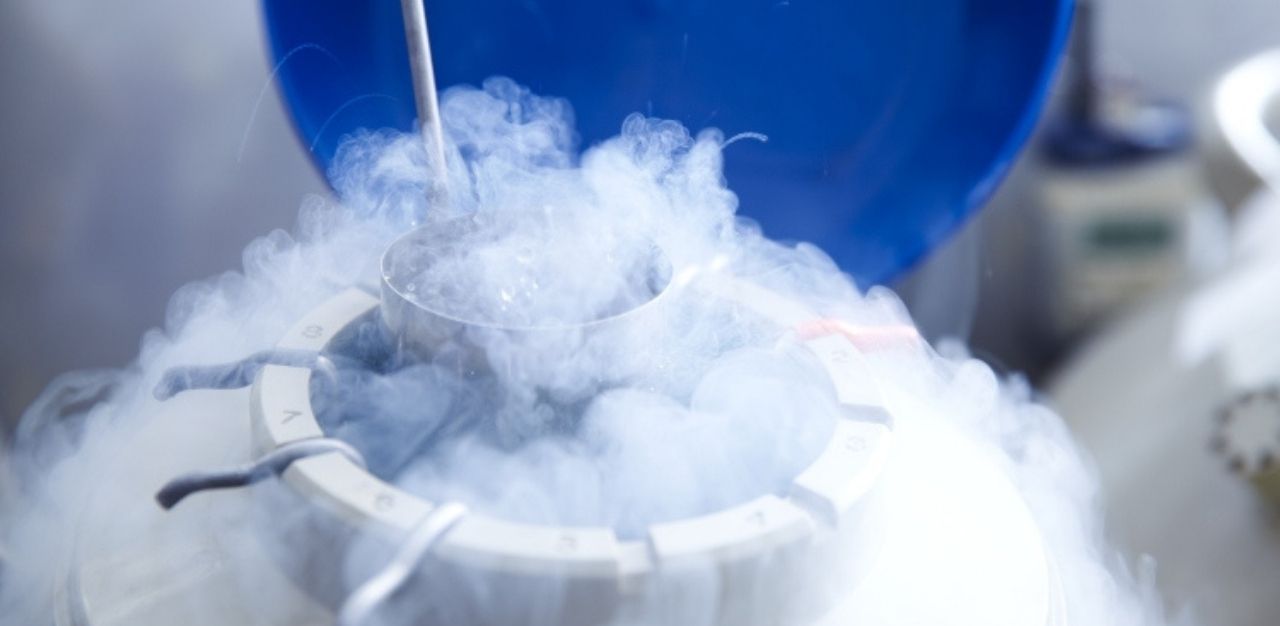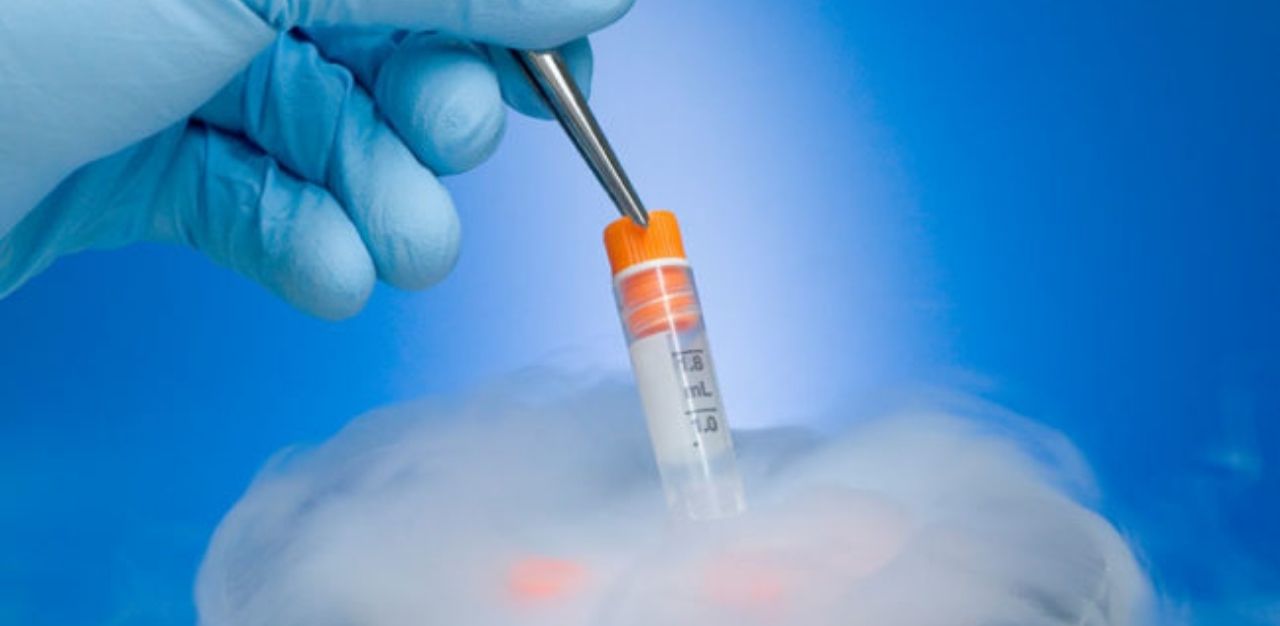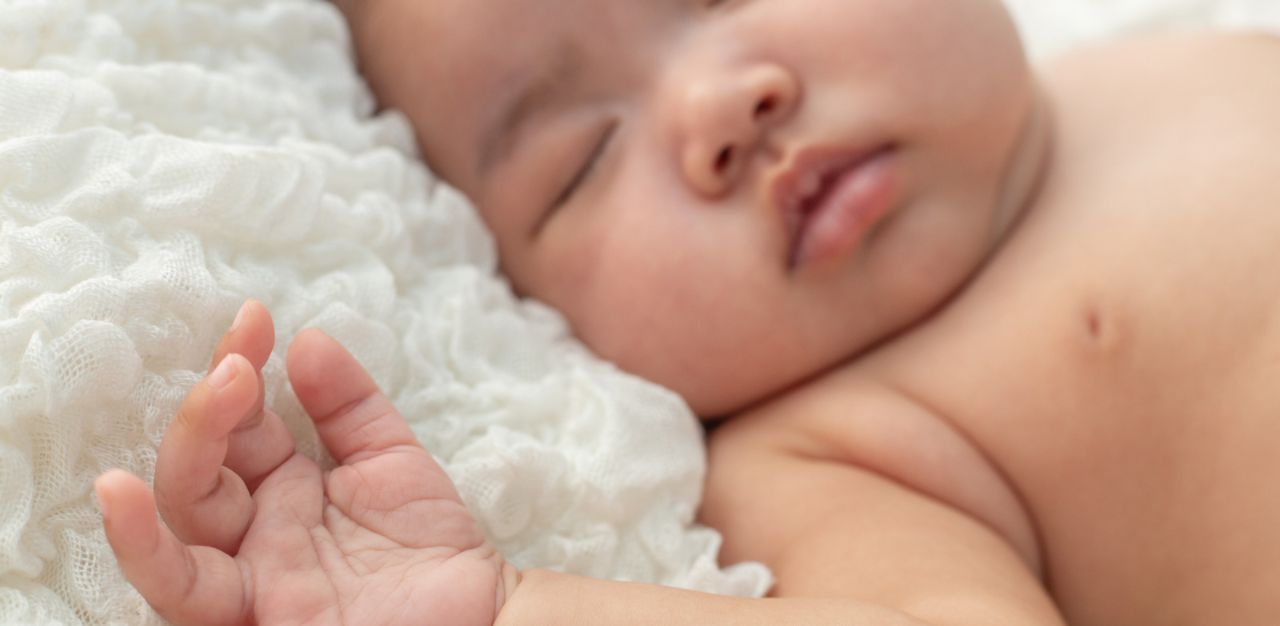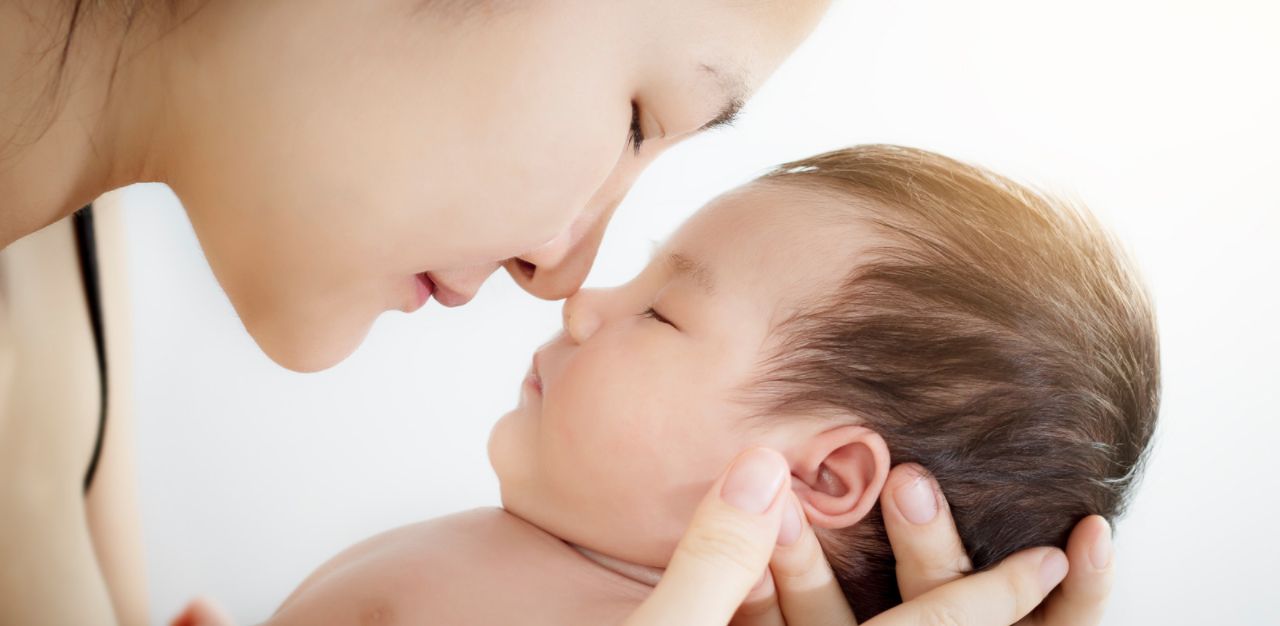Singapore saw its total fertility rate fall to a historic low of 1.1 in 2020. Minister in the Prime Minister’s Office (PMO) Indranee Rajah, told Parliament in February 2021 that the cause is perhaps the COVID-19 pandemic, which resulted in some Singaporeans postponing their marriage, and others delaying parenthood plans. The situation has led to a vigorous debate for the Singapore Government to lift its long-standing ban on non-medical egg freezing for single women.
Working with the Association of Women for Action and Research (AWARE), the women’s and youth wings of the People’s Action Party (PAP) released two separate papers at end-July, each calling on the Government to take action to tackle discrimination and advance women’s development in Singapore; and that women should also be allowed to freeze their eggs for non-medical reasons. The government will, in turn, input their response in a soon-to-be released White Paper.
Laws and ethical guidelines will need to be in place should social egg freezing be allowed in Singapore. This is to avoid socio-legal issues that may crop up in the future.
Strict standard guidelines on information about medical risks and failure rates
Older women, in particular, should be made aware that they need to undergo multiple egg collection and freezing cycles to obtain a sufficient number of frozen eggs to have a reasonable chance of future pregnancy. For women who choose to freeze their eggs just once, they would be in for a very big disappointment should they fail to conceive in the future with their own eggs.
According to the American Society of Reproductive Medicine (ASRM), the pregnancy success rate for egg freezing is relatively low, at around 2 percent to 12 percent per frozen egg. There are scientific data published in reputable medical journals such as “Fertility & Sterility” and “Human Reproduction” that claim high success rates of in-vitro fertilisation (IVF) with frozen eggs, but these may be misleading to patients who lack specialised knowledge in the area. Patients are often not aware that many of such published studies were based on frozen donated eggs of young women between the ages of 20 and 25 years, collected specifically for use by infertile patients.

An example is the recent publication (2020) by Laura Rienzi and colleagues in the journal Human Reproduction, which analysed the data of several previous studies. It was reported that the average survival rate of frozen eggs was 86 percent with very high success rates of around 60 percent achieved in patients, when eight to nine frozen eggs were utiliszed in each IVF treatment cycle. However, this study was based on frozen eggs donated by young women with an average age of 25.7 years.
This is certainly not reflective of older career women, who are typically aged from mid-30s to early-40s, who are attempting to freeze their much lower-quality eggs. To ensure there is no misinformation on the subject, the Ministry of Health (MOH) should prepare a booklet, pamphlet or have a website page containing relevant information for women intending to do egg freezing.
Social egg-freezing may encourage single motherhood
Unmarried women who choose to freeze their eggs do so with the strong expectation that they will use them one day, regardless of their future marital status. If they remain single, it is likely that some of them may consider single motherhood. Although current health regulations in Singapore ban unmarried women from undergoing fertility treatment with donated sperm, there are no laws stopping single women from exporting their frozen eggs for in vitro fertilisation (IVF) abroad using donor sperm.
Stringent safeguards should therefore be in place to ensure that frozen eggs are used within the context of marriage and traditional family structure. This is also stressed by the PAP Youth and Women’s wing, in response to concerns that allowing the procedure would encourage people who are not in a traditional family nucleus, such as same-sex couples and single women, to have children. Such concerns were voiced by many in a survey conducted by Tampines MP Cheng Li Hui in 2019, which involved more than 700 respondents.
At the end of the day, the Government is obliged to acquiesce to conservative religious and family values of the majority of Singaporeans.
This could result in MOH, firstly, insisting on patients producing a valid marriage certificate before being allowed to export frozen eggs overseas. Secondly, have the woman’s husband approve of and sign off on the export of her frozen eggs because of the legal implications for him. Under Singapore law, a woman’s husband is, by default, presumed to be the legitimate father of any child born to the woman and because of that, she should not be allowed to export her frozen eggs overseas without his consent.
Thirdly, couples need to sign a declaration that a third-party surrogate will not be used with the exported frozen eggs, otherwise they will be barred from applying for adoption, residency and citizenship procedures for the child born from surrogacy using the frozen eggs. But on sympathetic grounds, the authority can waive this condition should the woman be medically unfit to carry a pregnancy to term herself.
Unfair for government to co-fund IVF for married women who had previously frozen their eggs
Social egg freezing is unlikely to be subsidised by the government because it is an elective procedure. Nevertheless, IVF treatment is subsidised. Should the single woman, who had undergone elective egg freezing later expect to undertake IVF using her frozen eggs, then she cannot apply for government subsidies for the treatment at public hospitals. Or else, this would not only be unfair but also lengthen waiting lists for subsidised IVF treatment and take resources away from married couples with fertility problems, and placing unnecessary burden on the already crowded public healthcare system. It may not be unreasonable to place such patients with frozen eggs at the bottom of such waiting lists or exclude them altogether.
More importantly, subsidising frozen egg IVF would be wasteful and cost-inefficient, since the egg freezing process itself significantly reduces the chances of conception. This would be akin to putting coins in a bag with holes.
Clear directives for dealing with unused, unclaimed frozen eggs
One foreseeable problem of social egg freezing is the accumulation of excess unused and unclaimed frozen eggs in storage within fertility clinics.

An Australian study published in 2017 reported that the majority of women who freeze their eggs do not eventually use them. The researchers had surveyed nearly 100 women who elected to freeze their eggs between 1999 and 2014 for the purpose of delayed childbearing. They found that just 6 percent of the women had used their frozen eggs at the time of the survey, with 3 per cent of them having given birth.
Another Australian study published in 2021, reported similar findings — that of the 4,048 women who had stored their frozen eggs in Victoria, Australia, only less than 4 percent or 159 women came back to use their eggs in 2020. This led to calls to avoid wastage, by donation of these unused frozen eggs to infertile women who need them.
Women also need to sign a form agreeing to the proper disposal of their eggs should they die or if they have not paid storage fees for up to three years. Another suggestion is to place a limit on the storage duration of frozen eggs, after which, there would be mandatory disposal of these eggs. Until recently in Britain, there was a storage limit of 10 years for both frozen eggs and sperm, but this will be extended up to 55 years under new laws, pending the approval by the British parliament.
Then what if the frozen eggs are lost or accidentally destroyed by the fertility clinic itself?
Many local fertility clinics store frozen eggs or embryos in cryogenic tanks that need to be topped up regularly with liquid nitrogen, leaving room for human error. With such possibilities of failure, damage to the frozen eggs are often irreversible. To help safeguard the interest of these women, there should be enforced insurance and compensation schemes to cover accidental loss of the frozen eggs.
Most commonly, disposed frozen eggs are treated as clinical waste, making them convenient to be used for training purposes, especially for new laboratory workers hired for IVF procedures.
Currently, the ethical issue here is hazy and ill-defined. Unlike research and treatment, there is no “document trail” to help trace the unauthorised use of disposed frozen eggs for training, clearly violating the woman’s rights to her eggs, especially when she has not given prior consent.
Law on the donation of unused frozen eggs
Another important consideration is the option of donating unused frozen eggs to other patients who are infertile. In such cases, there are three issues that must be addressed:
(i) Spousal consent
Spousal consent must be sought at the time of egg donation to other patients. The woman may have had her eggs frozen when she was still single, but once when she is married and wishes to donate her eggs, the authorities need to ensure there is informed consent from the donor’s spouse, in case of the possibility of accidental incest (between the couple’s children and unknown donor-conceived offspring). It is only right that the husband be made aware and consent to accepting such risks for his children. More importantly, the donor’s husband must consent to forgo any future offsprings from the donated frozen eggs, particularly if his wife is already near or past the age of menopause.
(ii) Knowing there are lower chances of conception
The freezing or cryogenic process always results in some damage to the egg, however minimal, so frozen donor eggs are not nearly as good as fresh donor eggs. Also, women tend to be older when they freeze their eggs socially and the older the donor, the lower the egg quality, reducing the chances of an IVF success for the recipients.
It is also likely that prospective donors would have used the best eggs for their own fertility treatment, so the donated, unused leftovers may be of questionable quality. Therefore prospective recipients must be informed that chances of conception using the frozen eggs are significantly lower than fresh donor eggs.
(iii) Avoiding conflict of interest
Fertility doctors should be prevented from persuading former patients to donate unused frozen eggs to their current patients as this would be considered conflict of interest — both ethically and under the eyes of the law. This is because of the risk of the doctor-patient fiduciary relationship being abused during the consent process, particularly if doctors know that their former patients are grateful to them for previously successful treatment.
Fertility clinics should also not exercise control over the distribution and allocation of donated frozen eggs to other patients. Instead, this should be handled directly by the authorities, based on a centralised donor registry and a waiting list of potential recipient patients, similar to that for organ donation in Singapore.
Financial help for single women freezing their eggs
If social egg freezing is permitted without provision of any financial assistance, then the procedure would only be available to those who can afford it. This could likely spark accusations of unfairness and class bias in access to treatment, which would facilitate the reproduction of a select ‘elite’ group of rich women. The NGO AWARE had called for the procedure to be made accessible to all women regardless of their marital status, financial capacity and educational status.

While it is difficult to justify direct government subsidies for egg freezing, as it is an elective procedure linked to personal life choices, there are several alternative strategies that can be considered and allowed to be exercised.
First, younger women should be allowed to use their Central Provident Fund (CPF) for egg freezing. Second, the Government could consider providing low-interest loans to fund egg freezing, pegging it to CPF ordinary account interest rates. This would be, similar to that of HDB housing loans or loans for university tuition fees. Third, younger women should be allowed to donate some of their retrieved eggs to infertile patients, in return for subsidies from these patients, which would ease the financial burden of egg freezing.
This option is highly controversial, tantamount to government-sanctioned selling of eggs. But this is already practiced in the USA and Britain, and MOH may consider looking at how such a scheme operates in these countries with safeguards in place.
Dr Alexis Heng Boon Chin, an associate professor of Biomedical Science at Peking University in China, had previously worked in the field of human clinical assisted reproduction research in Singapore, and has written 50 international journal publications on ethical and legal issues relating to new reproductive technologies and published more than 250 scientific journal articles.
Join the conversations on TheHomeGround Asia’s Facebook and Instagram, and get the latest updates via Telegram.




























